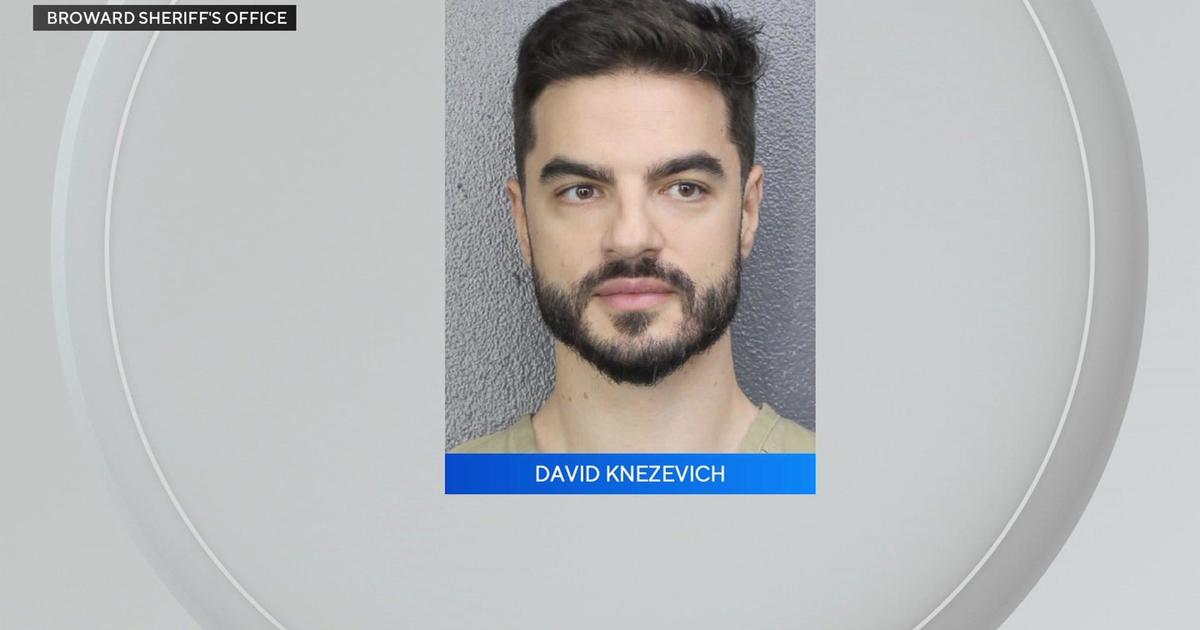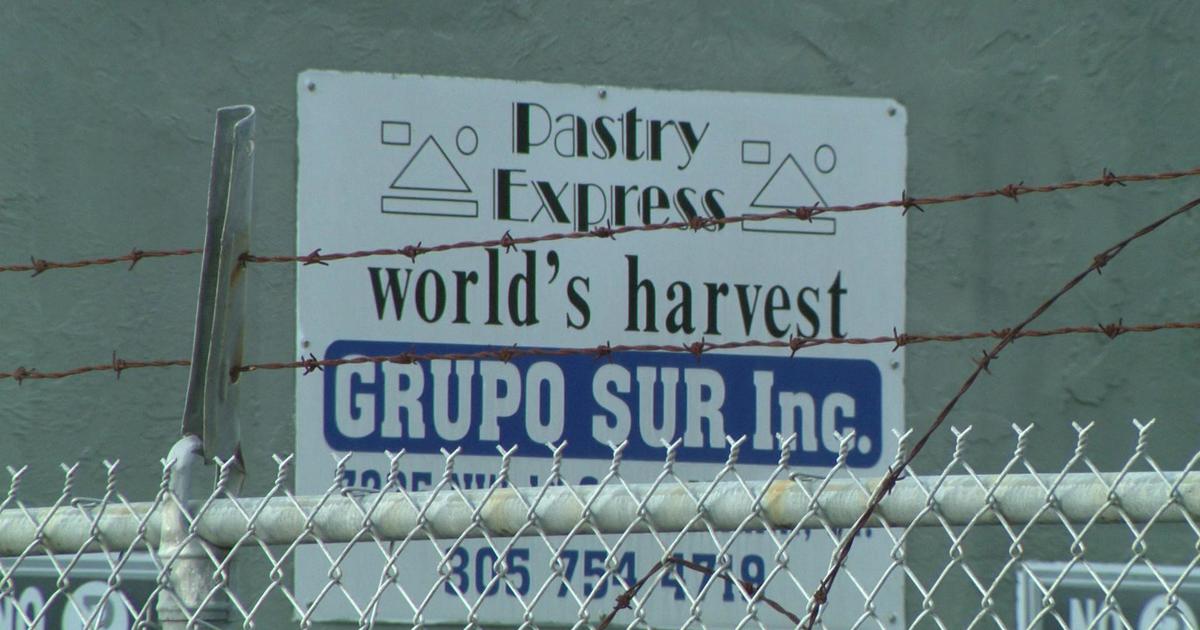Florida's First Black Chief Justice Dies At 85
Follow CBSMIAMI.COM: Facebook | Twitter
TALLAHASSEE (NSF) – When Leander Shaw took the Florida Bar exam in 1960, he was not allowed to stay or eat at the whites-only hotel in Miami where the exam was administered.
Three decades later, Shaw became the first black chief justice of the Florida Supreme Court.
Shaw, whose career included working as a public defender, prosecutor, and appeals-court judge before serving on the Supreme Court, died Monday at age 85. A statement from the Supreme Court said Shaw had suffered from a lengthy illness.
"Justice Shaw served Florida with dedication and distinction, first as a lawyer and then as a member of Florida's highest court for two decades," Chief Justice Jorge Labarga said in the statement. "As Florida's first African-American chief justice, his service also marked an important step forward for diversity in our state."
Then-Gov. Bob Graham appointed Shaw to the Supreme Court in 1983, after a four-year stint on the 1st District Court of Appeal. Shaw, who was the second African-American to serve on the Supreme Court, remained until his retirement in January 2003.
Perhaps Shaw's most controversial decision was a 1989 opinion that he wrote striking down a law requiring minors to get permission from their parents before having abortions. That decision, based on a privacy right in the Florida Constitution, led to an unsuccessful effort to unseat Shaw when he came up for merit retention in 1990.
"I see in this victory the determination of a people not to let the law --- under which we all must live and raise our children --- be shackled to the politics of some special-interest group,'' the ABA Journal quoted Shaw as saying after the merit-retention vote. "I hope judges and justices will continue to render decisions according to their conscience and their best understanding of the law, not on their reading of the latest opinion polls."
In his later years on the court, Shaw became an outspoken critic of Florida's use of the electric chair in executions. During a 1999 hearing, for example, Shaw likened the electric chair to the guillotine. The state ultimately stopped using electrocution and shifted to lethal injection.
Shaw was born Sept. 6, 1930, in Salem, Va., and his father was a retired dean of the Florida A&M University Graduate School, according to biographical information on the Supreme Court website. After serving in the Korean War, Shaw earned a law degree in 1957 from Howard University in Washington, D.C.
Shaw moved to Tallahassee in 1957 as an assistant professor of law at Florida A&M and was admitted to The Florida Bar in 1960. At the time, he was one of only about 25 black attorneys practicing in the state, according to the Supreme Court statement Monday.
He worked in private practice in Jacksonville and served as a public defender and prosecutor before getting appointed in 1974 by then-Gov. Reubin Askew to the Florida Industrial Relations Commission. Graham named Shaw to the 1st District Court of Appeal in 1979. Shaw served as the Supreme Court's chief justice from 1990 to 1992.
Labarga noted in the statement Monday that Shaw joined the Supreme Court after it had been rocked by scandals in the 1970s.
"Leander Shaw was one of a handful of judges who helped restore the public's faith in the Supreme Court and who transformed it into one of the most respected courts in the nation,'' Labarga said. "This was no small feat after the scandals of the 1970s."
Arrangements will include a memorial service at the Supreme Court, though details were pending Monday.
The News Service of Florida's Jim Saunders contributed to this report.



